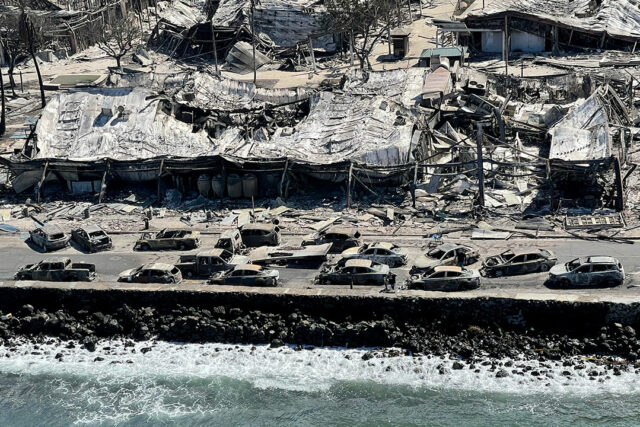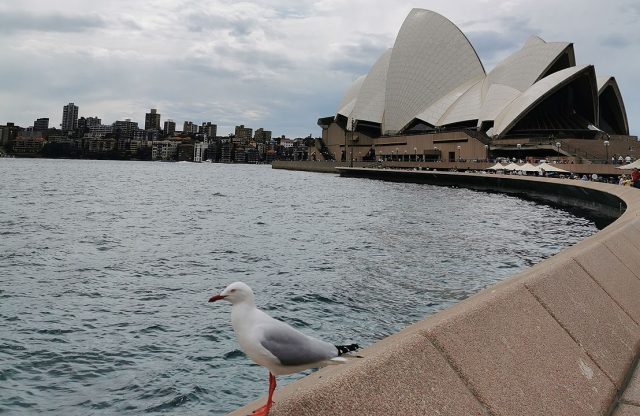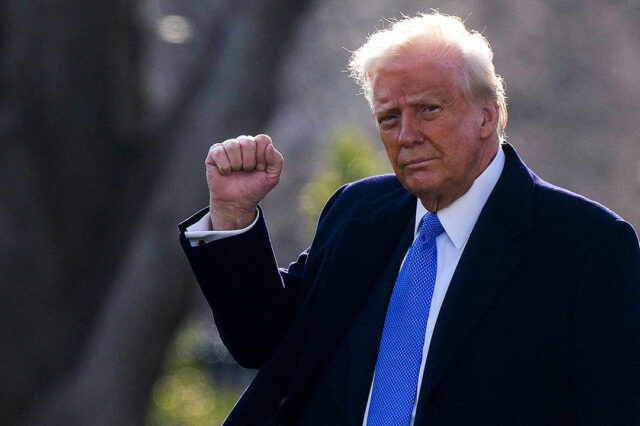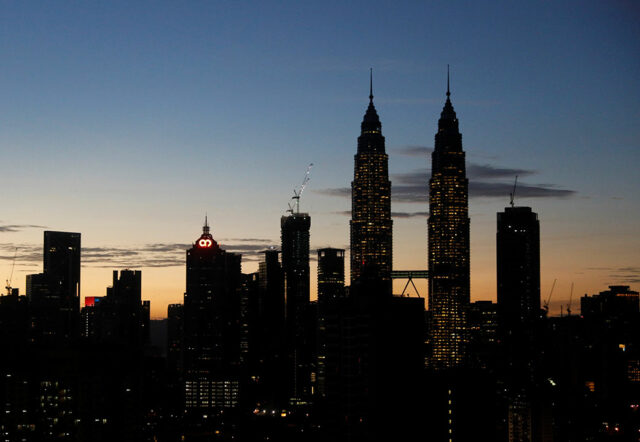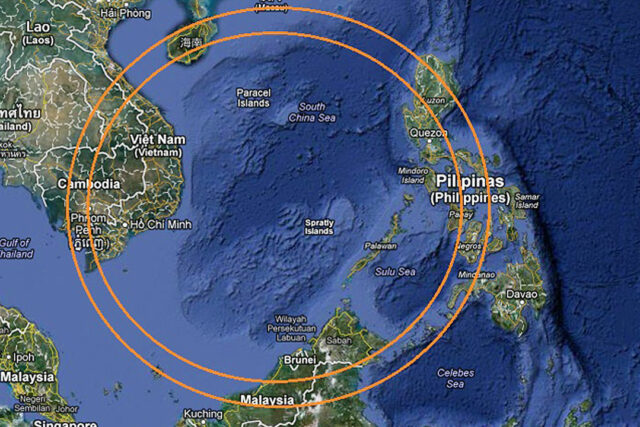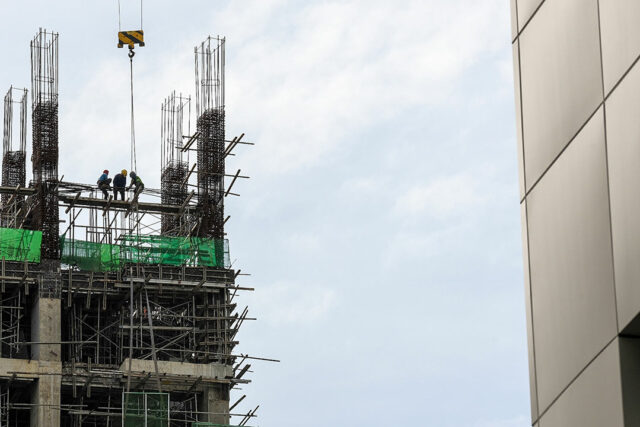By Abigail Marie P. Yraola, Deputy Research Head
Approved foreign investments in the Philippines fell by 38.9% last year to P543.62 billion, the steepest decline in four years, the Philippine Statistics Authority reported on Thursday.
Preliminary data from the PSA showed the value of foreign commitments approved by the country’s investment promotion agencies (IPAs) in 2024 was lower than the P889.24 billion in 2023.
The annual fall in foreign investments was the lowest since the 71.3% drop recorded in 2020.

In the three months to December, pledges reached P57.70 billion, down 85.4% from P394.46 billion in the same period in 2023.
This was the steepest decline in over 26 years or since the 94.5% slump in the third quarter of 1998. By value, it was the lowest since the P27.46 billion in the third quarter of 2023.
“Global uncertainty due to geopolitical tensions is the primary reason for the large drop in foreign investments for the quarter,” Oikonomia Advisory & Research, Inc. economist Reinielle Matt Erece said in an e-mail.
He added that US President Donald J. Trump’s campaign and eventual win alongside his policies which includes tariff increases, strict immigration regulations, and other trade reforms made investors hesitant to invest outside their home countries.
“Foreign investors are hesitant as they hold on to their capital, re-analyze global risk factors, and is on a ‘wait and-see’ mode on the ongoing developments of the global economy,” Mr. Erece said.
Additionally, he said that the latest approved foreign investments data affected the country’s growth trajectory and while unemployment remains relatively low and stable, economic sentiment is negatively affected by growth print which will carry on towards this year.
“Investors will now be concerned of a slow growth in consumption, and adding global uncertainty to the mix, will make them even more hesitant to invest in the country,” he said.
The Philippine economy expanded by 5.2% in the fourth quarter of 2024, the slowest pace in six quarters or since the 4.3% in the second quarter of 2023.
This brought the country’s gross domestic product (GDP) at 5.6% in 2024, below the revised 6-6.5% government target.
On the other hand, unemployment in the country slowed to 3.1% in December which brought the full year average to an all-time low of 3.8%. This is equivalent to 1.94 million jobless Filipinos.
The December figure was the lowest since April 2005, when the statistics agency revised its definition of unemployed to Filipinos aged 15 years and older without a job, available for work and actively seeking one.
For the fourth quarter, investment commitments were approved by five IPAs — Board of Investments (BOI), BOI-Bangsamoro Autonomous Region in Muslim Mindanao (BOI-BARMM), Clark Development Corp. (CDC), Philippine Economic Zone Authority (PEZA), and Subic Bay Metropolitan Authority (SBMA).
Switzerland was the top source of investment pledges for 2024 after committing P289.06 billion, or 53.2% of the total. It was followed by South Korea’s P100.34 billion (18.5% share) and the Netherlands’ P50.22 billion (9.2% share).
Meanwhile, in the fourth quarter, South Korea had the largest approved investments with P26.16 billion, accounting 45.3% of the total P57.70-billion pledges. This was followed by the Netherlands at P9.19 billion (15.9% share) and Japan with commitments worth P4.11 billion (7.1% share)
The BoI contributed the largest bulk with 70.7% of foreign investment pledges worth P384.44 billion last year.
In the last three months of 2024, BoI had the largest commitments worth P28.10 billion followed by PEZA with P15.44 billion.
SBMA and CDC approved P13.64 billion and P445.10 million worth of pledges, respectively. BoI-BARMM approved P86.66 million worth of commitments.
During the period, the Authority of the Freeport Area of Bataan, Bases Conversion and Development Authority, Cagayan Economic Zone Authority, Clark International Airport Corp., Poro Point Management Corp., John Hay Management Corporation, Tourism Infrastructure and Enterprise Zone Authority, and Zamboanga City Special Economic Zone Authority did not approve any investment pledges during the period.
In 2024, about 62.8% or P341.50 billion of the total approved foreign investments will go to the energy sector.
Meanwhile, in the October to December period, the manufacturing sector cornered the largest approved foreign investments with P30.55 billion, about 52.9% of the total pledges during the period.
Additionally, around 20.6% or P11.87 billion of the approved foreign investments will go into the transportation and storage industry, while 13.3% or P7.68 billion worth of pledges will be invested in the energy industry.
During the period, 34.5% of these foreign investment commitments worth P19.92 billion will be for projects in Central Luzon.
Meanwhile, Calabarzon (Cavite, Laguna, Batangas, Rizal, and Quezon) cornered P13.51 woth of investment commitments while Metro Manila will get P12.86 billion.
In 2024, Calabarzon cornered around P195.67 billion worth of these investment pledges.
Should these foreign commitments materialize, these projects are expected to generate 39,284 jobs, 20.3% higher than the 23,726 projected jobs a year earlier.
Mr. Erece said that in terms of job generation, it is still too early to predict a slowdown but it is important for policymakers to take steps to prevent this slowdown and attract more investments to stimulate job growth and accelerate economic expansion.
“Some of the measures that policymakers can do is to implement more accommodative monetary policy, such as a timely rate cut,” Mr. Erece said.
While this may eventually cause the Philippine peso to depreciate especially against the US dollar, he added that the “economy is much more reliant on domestic consumption and spending so doing a rate cut will improve market sentiment and encourage spending from both businesses and consumers in the country.”
At its first policy meeting last Thursday, the Bangko Sentral ng Pilipinas (BSP) decided to keep it rates steady at 5.75%.
The central bank trimmed rates by a total of 75 basis points last year.
In the fourth quarter, total investment commitments from foreign and Filipino nationals fell by 36.1% to P373.70 billion, lower than P585.17 billion in the same period in 2023. Investment pledges by Filipinos reached P316 billion in the last quarter, accounting for 84.6% of the total.
Mr. Erece sees rising tensions on global trade, and a pause in rate cuts by the BSP, due to slow growth expected in 2025 and “cannot be optimistic for a growth in investments this quarter.”
However, he said that being an economy largely driven by domestic consumers and businesses provides a significant advantage in this uncertain global landscape.
“Stimulating consumption through fiscal spending and accommodative monetary policy can improve business sentiment, thereby inviting more foreign investments in the country,” he said.
The PSA data on foreign investment commitments, which may materialize shortly, differ from actual foreign direct investments tracked by the BSP. The central bank’s monitoring goes beyond the projects and includes other items such as reinvested earnings and lending to Philippine units via their debt instruments.



